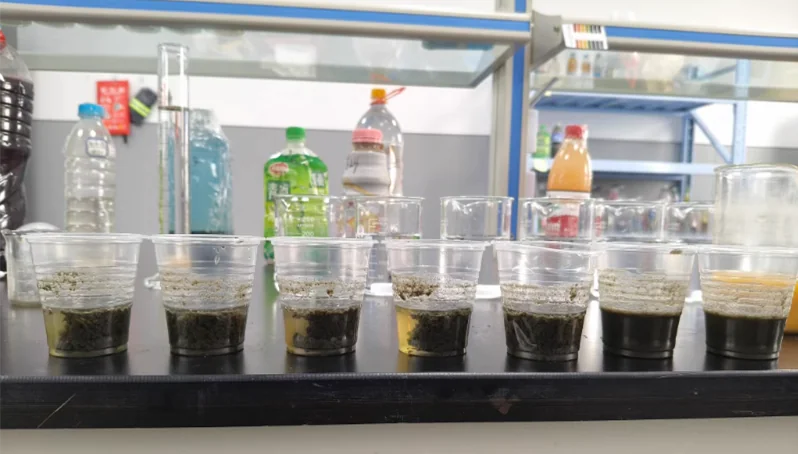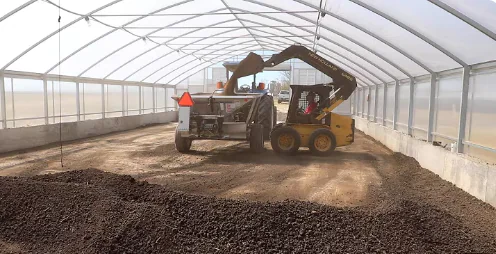Pig farm wastewater is rich in contaminants like nitrogen, phosphorus, and organic matter, creating significant challenges in water treatment. Let’s take a closer look at the best chemicals used to treat wastewater, and how they work to reduce pollution and support farm sustainability.

Did You Know?
Pig farms produce wastewater with high concentrations of nitrogen and phosphorus. If not treated properly, these nutrients can cause serious environmental issues. Luckily, there are chemicals that help!
What Is Pig Farm Wastewater Made Of?
Before diving into the treatment, let’s first understand what’s in pig farm wastewater.
- Nitrogen: Primarily in the form of ammonia (NH₄), nitrogen is a major contaminant.
- Phosphorus: Excess phosphorus can lead to harmful algae blooms in water bodies.
- Suspended Solids: These particles need to be removed for clearer water.
Understanding this helps us know exactly which chemicals are needed to target these pollutants.
Key Chemicals in Wastewater Treatment
1. Coagulants (Aluminum Chloride)
These chemicals bind suspended particles, making them easier to remove. Think of them as “particle magnets”!
2. Flocculants (Polyacrylamide – PAM)
Once the particles are bound together, PAM helps form larger clumps, or “flocs,” that can be easily removed from the water. This makes the whole process more efficient.
3. Disinfectants (Sodium Hypochlorite)
A strong disinfectant used to kill bacteria, viruses, and other pathogens. It’s a crucial step in making sure wastewater is safe to release.
4. pH Adjusters (Citric Acid or Sodium Hydroxide)
Sometimes, wastewater is too acidic or too alkaline. These chemicals balance the pH to ensure the treatment works as intended.

Real-World Application: How Chemicals Help
Imagine a pig farm struggling with high ammonia levels in its wastewater. By adding sodium hydroxide (a pH adjuster), they can reduce ammonia’s toxicity and prevent it from causing air pollution. At the same time, polyacrylamide binds suspended particles, making it easier to remove contaminants.
How Do These Chemicals Improve Pig Waste Management?
Chemicals help remove harmful substances from wastewater, but they also help control nutrient levels. This reduces environmental harm while supporting sustainable farming practices. For instance, polyacrylamide (PAM) helps reduce phosphorus runoff, while sodium hypochlorite ensures that no harmful bacteria make their way into surrounding water sources.
The Power of Composting: An Alternative Solution
Composting pig manure not only reduces odors but also turns waste into something useful. By converting manure into nutrient-rich compost, farmers create a natural fertilizer. This process reduces methane emissions and minimizes the environmental impact.

Quick Recap: Key Takeaways
- Sodium Hypochlorite kills pathogens.
- Polyacrylamide (PAM) helps remove suspended solids.
- Aluminum Chloride (PAC) controls phosphorus.
- Composting turns waste into a valuable resource.
Conclusion: Treating Wastewater, Sustainably
Treating pig farm wastewater is essential for protecting the environment and promoting sustainable farming. By using the right chemicals—whether it’s a disinfectant or flocculant—farmers can improve wastewater quality and reduce the risk of contamination. The end result? Cleaner water, healthier environments, and a more sustainable farming operation.
Have you used these chemicals on your farm? Share your experiences with us in the comments below!
